- Energy & Industry
Contact us
Drones are transforming inspections in the energy and industrial sectors.
Safety
In the energy and industrial sector, there are numerous risky situations where employees are exposed to working at heights, extreme temperatures, hazardous substances, and other dangerous conditions. Drones can be deployed in hard-to-reach, confined, and/or hazardous locations. This enhances the safety of people, machines, and the environment. By reducing physical contact with potentially dangerous equipment and environments, the use of drones significantly decreases the likelihood of accidents and injuries. Drones are flexible and dynamically deployable, enabling real-time monitoring. Additionally, a drone can be quickly deployed in the event of an emergency or incident. By using drones, companies can protect their employees and prevent accidents and injuries. Safety is, after all, a priority, and drones can help ensure this safety without the need for physical intervention..
Efficiency and savings
Drones can perform an inspection or analysis in a fraction of the time compared to traditional methods. This significantly reduces inspection time and ensures that problems can be identified and detected more quickly. For high-altitude inspections, costly and time-consuming resources are often required, such as setting up scaffolding, deploying helicopters, or closing off an area. With drones, companies can save significantly on labour costs and equipment. Moreover, drones can complete a full scan or analysis within minutes, which increases operational efficiency and reduces downtime of installations..
Accessibility
Due to the increasing autonomy of drones, the complexity of control is removed, allowing drones to be easily operated and monitored from a central point. This requires minimal knowledge of how drones work and a minimal required training time.
Drones are dynamic and can easily capture images of hard-to-reach places or carry out measurements. Drones can be deployed at a very high frequency and 24/7.
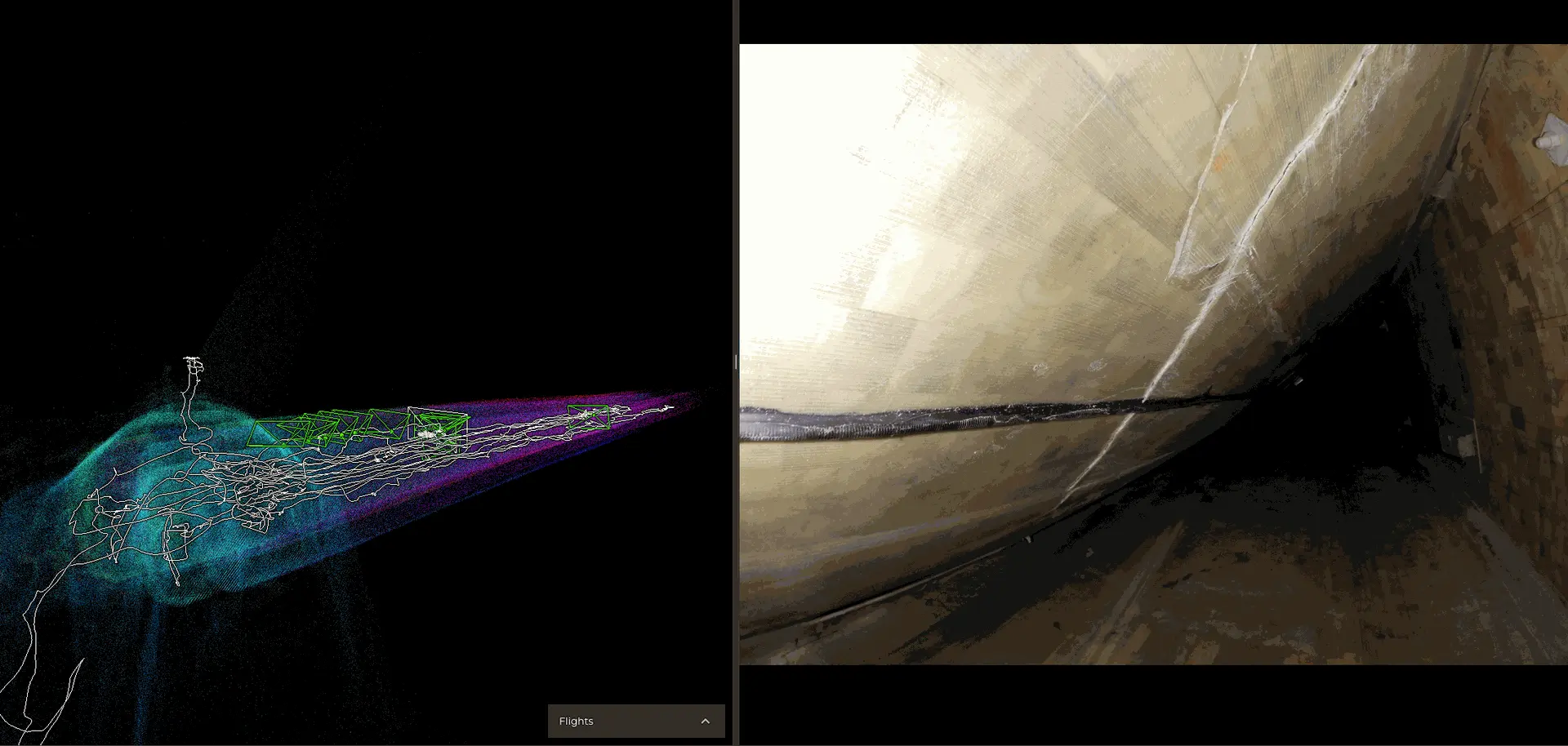
Detailed and Data-Driven
Drones have advanced sensors such as:
- High resolution RGB (Visual) sensors
- Infrared
- Ultrasonic Thickness (UT)
- LIDAR
- Multi- and hyperspectral sensors
- Sniffers and other gas detectors
Drones are modular in some cases, allowing for the exchange or addition of sensors for different applications.
By storing and analysing the larger amounts of data effectively, companies can proactively develop maintenance plans and identify potential issues early, which helps to reduce maintenance costs and extend the lifespan of equipment. Data from drones and robotics systems is generally well integrated with current systems.
Innovation
The use of drones within the energy and industrial sectors offers unprecedented opportunities to improve operations, reduce costs, and ensure safety. Drones enable quick, safe, and accurate inspections in hard-to-reach places, leading to enhanced efficiency and a reduction in risk for employees. Furthermore, drones can operate increasingly autonomous and intelligent in the future, thanks to AI, robotics, and IoT. Therefore, drones are not only a technological innovation but also a necessary investment for companies that wish to work with a forward-looking approach and pursue sustainable growth..
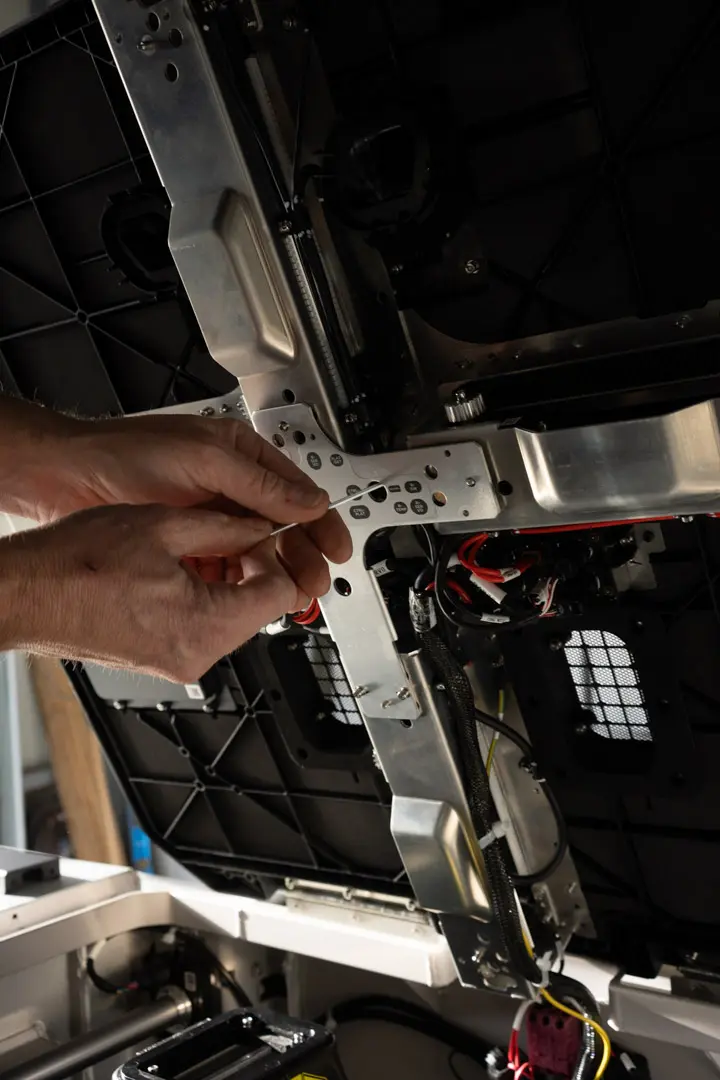
Onderhoud
Om de veiligheid te kunnen waarborgen is onderhoud van essentieel belang. Wij verzorgen onderhoud aan uw hard- en software en voorzien in NEN3140-keuringen.
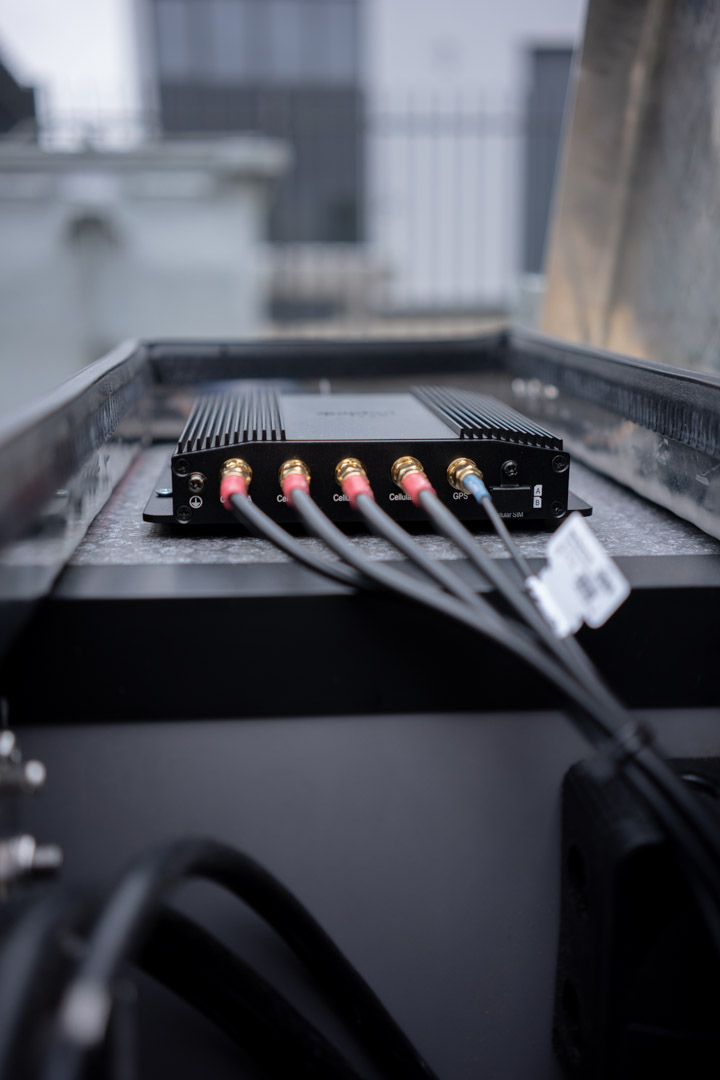
Integratie
Het implementeren van nieuwe technologieën is complex. Wij voorzien in maatwerk om de juiste oplossing te vinden én te integreren binnen uw vakgebied.
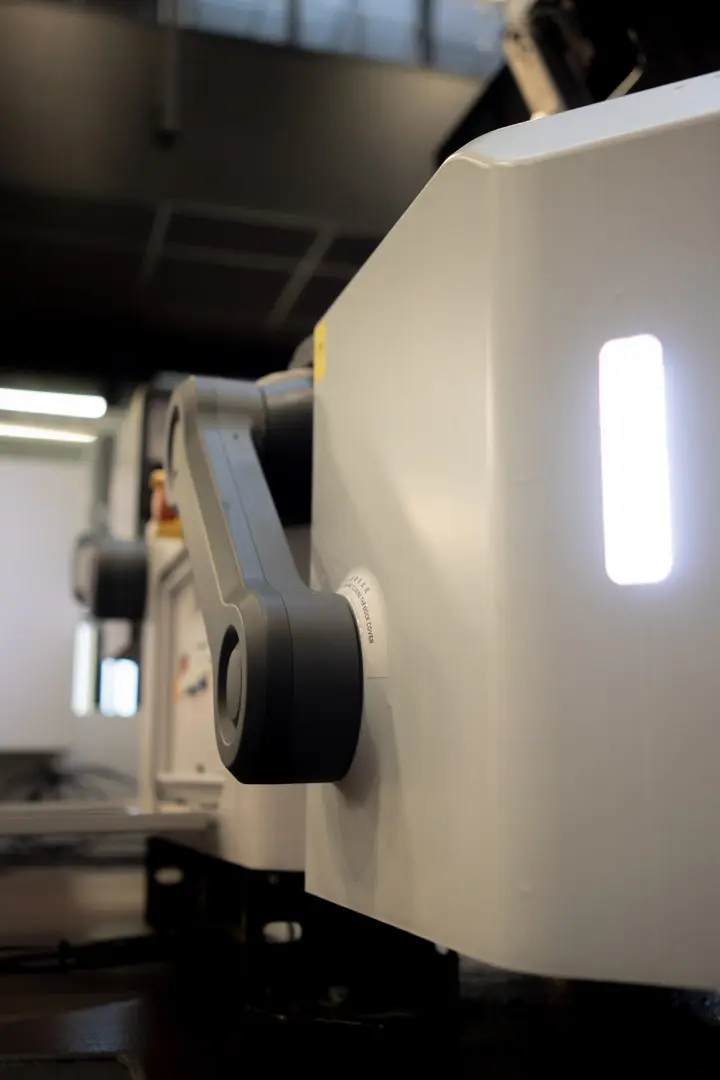
Verkoop
De juiste hard- en software zijn van essentieel belang voor het veilig uitvoeren van uw operaties. Ons uitgebreide assortiment biedt een groot scala aan toepassingen.
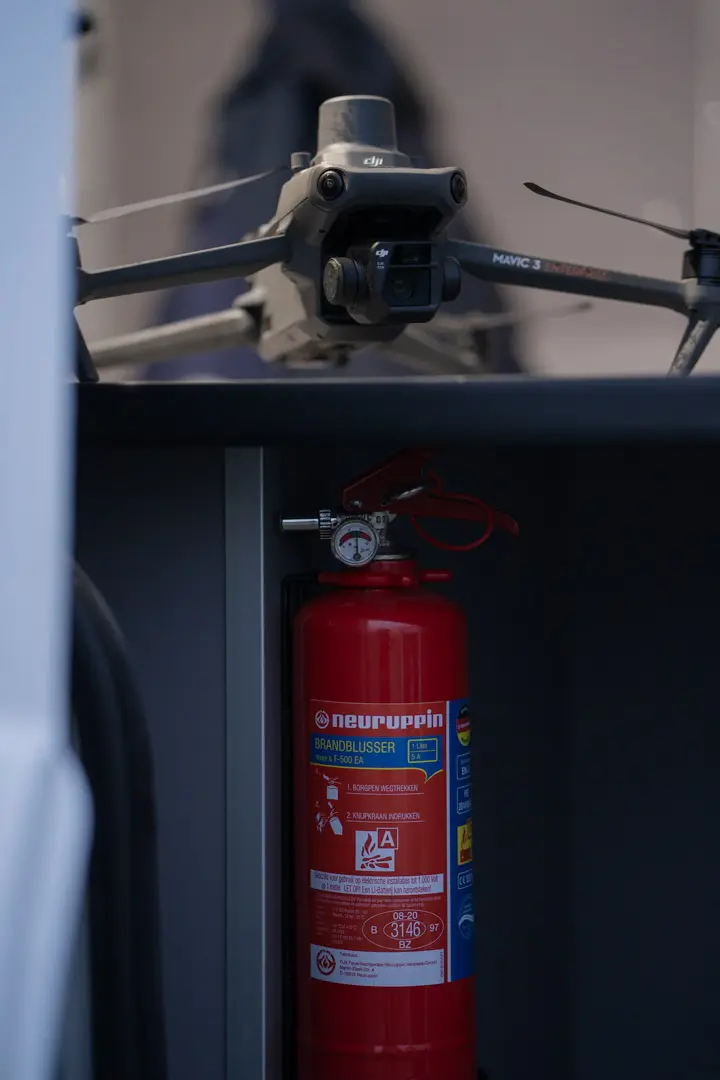
Verhuur
Wij bieden verhuur-opties om uw vloot of project tijdelijk te ondersteunen met hard- en software. Zo voorkomtv u onnodige kosten en blijft u operationeel.